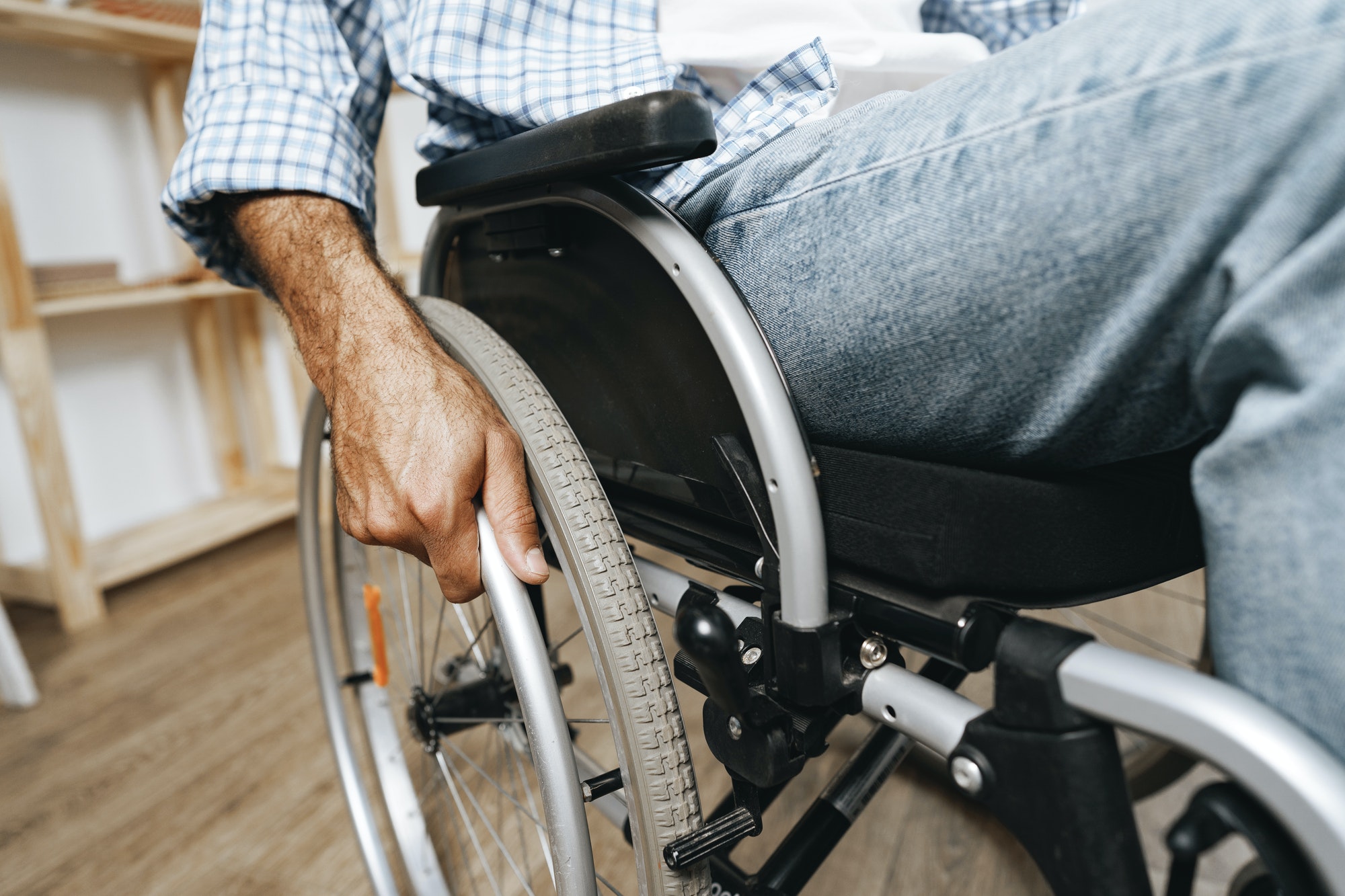Wheelchairs are a very important part of the lives of many people. These medical devices allow those who may have difficulties moving around to get where they need to go much easier and with much less trouble. A wheelchair is a lifesaver, but there are a few things you should know before buying one. Here’s what you should consider if you’re looking into getting a wheelchair:
- How heavy will the person using it be? Remember that it’s better to overestimate than underestimate the weight. Will your loved one be constantly sitting in it, or will they need to stand up from time to time? It needs at least three wheels (two rear and one front). You can find wheelchairs online through different companies and in Walmart and Kmart stores (which I found out when I registered my mom for disability stuff).
- How long will your loved one need to be using it? If their condition is only temporary, make sure you choose a suitable wheelchair, like a basic model on which you can add other equipment (like bags, baskets, etc.) if needed. However, if they’ll need to use it long-term or constantly, try to get one that has all the bells and whistles so that they won’t have to keep investing in another wheelchair every few years. Wheelchairs can be very expensive.
- Is the person who will be using it able to drive? If so, get a wheelchair with high handles (so they won’t have to stoop over while driving). A basic model with three wheels is usually great for this purpose and can give them more control over where they’re going. If your loved one isn’t too disabled and needs to get around themselves, then avoid getting a chair like this because their height might not be sufficient enough to reach the foot pedals properly and comfortably while driving (which could put yourself or others in danger).
- Where will your loved one be using it? Most people use their wheelchairs inside or outside. If they plan on taking their wheelchair out with them, make sure you get one with large rear wheels so that it can roll over cracks and gravel more efficiently without losing traction all the time.
- What type of insurance will your loved one have? Some companies and associations will provide free equipment and supplies to those who qualify (based on income, disability, etc.), while others won’t even cover basic medical needs, like a wheelchair, for instance. So check into what kind of help is available in your area before investing in an expense you may not need to pay for.
- How much mobility do they have? If your loved one is pretty mobile, just the basic model should be acceptable. However, if your loved one needs a wheelchair to help them control their movements by reducing muscle spasms or other types of pain, you may need something with extra storage space and features such as armrests, etc.


